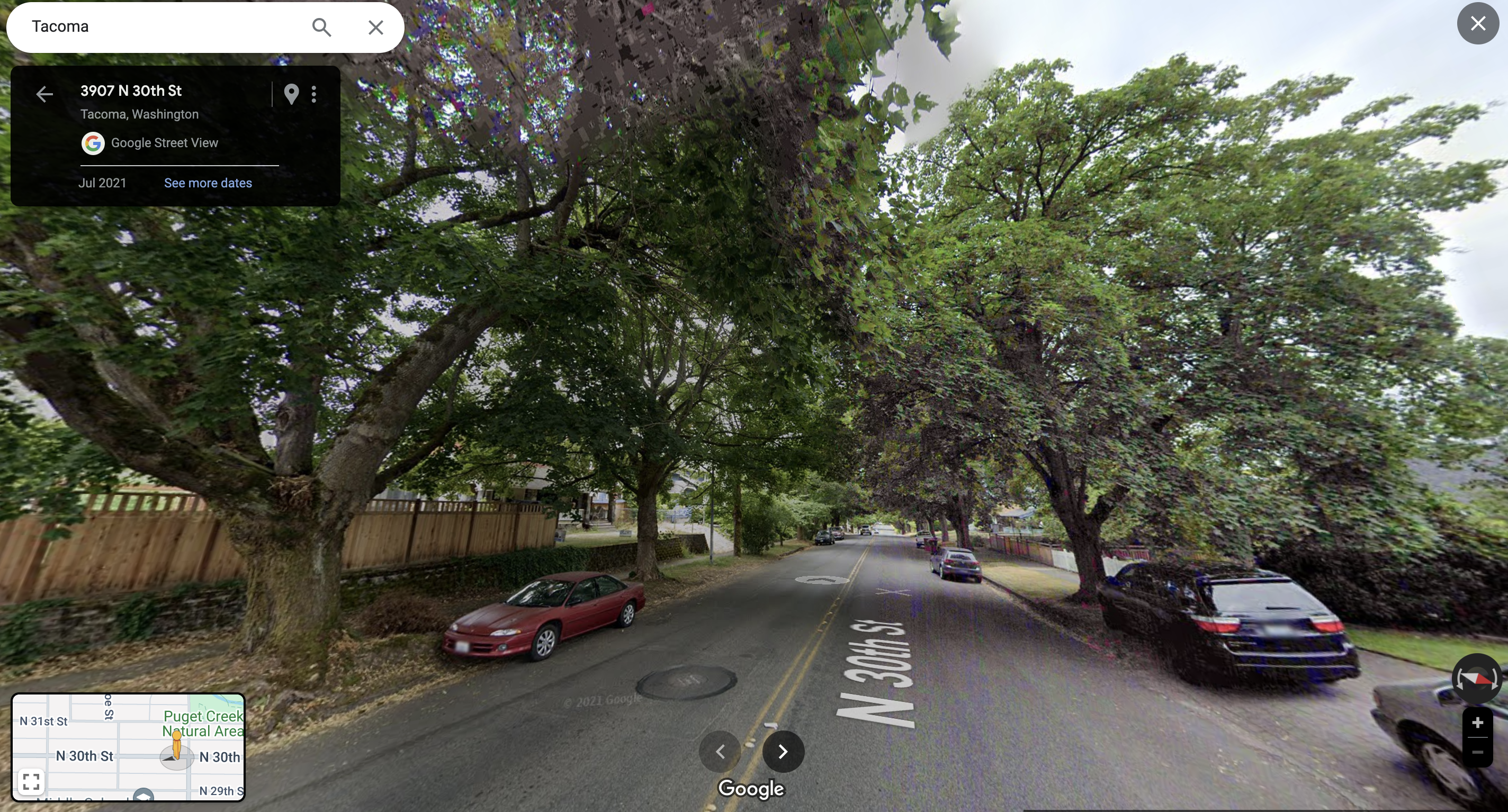Whether you’re a landlord or a tenant, negotiating favorable lease terms is critical to your success. As a business owner, finding your first office or a warehouse to increase inventory is critical to your business. As a landlord, finding a solvent and reliable tenant is equally critical. The lease terms need to work financially for both parties while adequately protecting the landlord from risks.
Most people have firsthand experience with residential leases, like for an apartment or rental house. Residential leases are highly regulated in Washington State meaning that there isn’t much risk in signing a lease you haven’t read or don’t fully understand. Commercial leases are a completely different animal. Commercial leases are barely regulated under the law, meaning that they can say almost anything. As a result, it’s very important that you understand the terms of your commercial lease before signing. Whether you’re a landlord or a tenant, the stakes for your business are incredibly high.
How to prepare a good lease
In short, you need to make sure you understand the terms, and that they work for your business. Don’t just find a random commercial lease online and assume it’s sufficient for your use. We’ve watched too many clients and business owners get burned this way.
Sometimes, a good solution is to hire a commercial broker, especially if the property is listed with one anyway. Commercial brokers are legally allowed to fill out form leases (such as the Commercial Brokerage Association form leases). These forms can be fine, but there are three potential issues: First, brokers aren’t licensed to customize these forms, so if you negotiate custom terms outside these form leases, broker can’t help you. Second, some brokers aren’t competent when it comes to preparing these lease forms. We’ve seen brokers use the wrong form for the situation or clumsily try to modify the terms. Third commercial brokers aren’t a cheap option. They typically charge 4% to 6% of the total rent over the term of lease.
Another option is to hire an experienced real estate attorney. Attorneys can draft leases from scratch or modify a form for your specific use. Depending on the attorney and the alterations you request, hiring an attorney can sometimes be a cheaper option than hiring a commercial broker.
Note that the landlord and the tenant should each have separate representation when it comes to reviewing the lease. A landlord’s broker or attorney has no duty to the tenant in representing their best interests (and vice versa).
Common Points of Contention
Every commercial lease is different and disputes can arise involving many different lease terms. The following are several of the most common points of contention in a commercial lease dispute:
CAM Fees
Under many commercial leases, tenants may be responsible for paying common area maintenance (CAM) fees. These typically cover maintenance to the various common areas of the commercial property, and sometimes other operating expenses of the landlord. These fees are estimated on a monthly basis and are owed in addition to the base rent. At the end of the year, the landlord will inform the tenant of the remainder owed and there is generally an annual “true-up.” Sometimes tenants will disagree with the landlord’s computation regarding CAM fees and will want to challenge the amount owed.
Maintenance and Repairs
While commercial tenants have the responsibility to conduct general upkeep of their leased space and keep the area in good condition, landlords can also have some responsibility for maintenance and repair. Often, these responsibilities are outlined in a specific lease agreement—and when one party believes the other has breached the agreement, a dispute can arise.
Deposits
Washington law requires residential landlords to hold security deposits in separate accounts so the funds are easily accessible and identifiable when it is time to return all or part of the deposit. However, there are no such requirements for commercial landlords, who are allowed to co-mingle deposits with other funds. For this reason, disputes can often arise regarding the return of a security deposit, especially upon early termination of the lease.
Subleasing
In many cases, a commercial tenant may want or need to sublease part of the leased space to cut costs. However, Washington has no landlord-tenant laws expressly giving commercial tenants this right. Instead, the parties need to look to the provisions of the lease agreement.
Many commercial leases include an anti-assignment or anti-subletting clause, which allows the landlord the right to prohibit the tenant from subletting, or to evict the tenant if he chooses to sublet. If the lease is silent on this matter, the tenant can presume he has the right to sublease or assign without the landlord’s consent.
Tenant Default
Commercial lease disputes often arise when a landlord claims a tenant has not paid rent as required by the lease agreement. State law does allow a commercial landlord to commence an unlawful detainer action to evict a commercial tenant and recover unpaid rent and other damages.
Various Terms of the Lease
In addition to the above common disputes, commercial landlords and tenants can disagree about many additional terms of a commercial lease. Such provisions can involve:
- How the property can be used
- Lease renewal or extension
- Early lease termination
- Alterations to the space and whether the tenant is required to return the space to its original state
Resolving Your Commercial Lease Dispute
In many cases, a commercial lease dispute can be resolved with careful negotiation. In negotiations, knowledge is power, so in commercial lease disputes, it is often worthwhile to hire an attorney to carefully review your lease agreement.
However, sometimes, disputes cannot be resolved through mere negotiation. If a landlord and tenant cannot (or will not) reach an agreement, there are two remaining options: alternative dispute resolution, or litigation.
“Alternative dispute resolution” generally refers to mediation and arbitration, which provide many of the benefits of litigation without some of the costs. In some cases, alternative dispute resolution is a great option to save both parties’ time, effort, and money.
Litigation is the final option. In cases where there are grounds for eviction, an unlawful detainer action is often relatively straightforward. However, if the dispute is over terms of the lease or performance, then litigation can become prolonged, expensive, and uncertain. In complicated matters, litigation should typically be considered a last resort.
Preventing Commercial Lease Disputes Before they Happen
The best way to prevent commercial lease disputes is to understand the lease before you sign it. Unfortunately, many commercial tenants ( and sometimes landlords) sign a lease without understanding all of the terms because they neglect to review the commercial lease with an experienced lawyer. Reviewing your lease with an experienced real estate attorney before you sign can help do the following:
- Identify any potentially unfair or harmful terms for your business in the lease
- Determine any provisions or wording you may want to alter or add to the lease
- Negotiate more favorable terms to which the landlord will still agree
- Allow you to claim that your lawyer has advised you to suggest changes, potentially giving you more leverage
Commercial leases generally have longer terms than residential leases, so you may agree to certain terms for a few years or more. Your attorney, however, can help you determine:
- Whether you are allowed to alter or renovate the space to fit your business needs and, if so, whether you are responsible for restoring the space to its original condition when you move out.
- Whether you face any restrictions on how you use the space (for example, a bakery would not want a restriction on oven use).
- Whether the landlord will allow any competitors to lease neighboring spaces (for example, a bakery would not want another bakery moving in two doors down).
- Who is expected to pay for maintenance and upkeep of common areas? Does, for example, the landlord cover those expenses or does the landlord expect tenants to split the bill with other tenants and/or the landlord?
- Whether the lease allow excessive or predatory penalties?
While Washington State law sets out some guidelines and protections regarding commercial leases and the commercial landlord-tenant relationship, the parties have the right to bypass many statutory protections through lease provisions. For this reason, when a dispute arises between a commercial landlord and tenant, the terms of the lease are often more impactful than state law.



